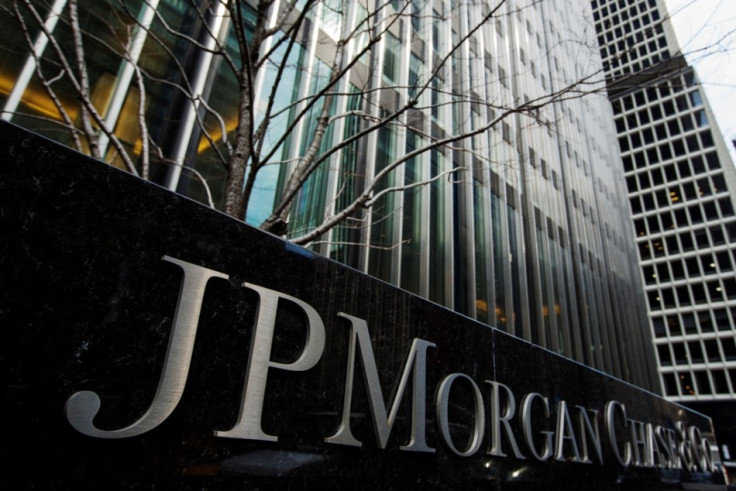JPMorgan Facing Civil and Criminal Probes into Mortgage-Backed Bond Sales

US bank JPMorgan Chase & Co revealed that it is facing civil and criminal probes from the US Department of Justice over its sales of mortgage-backed securities.
The bank said in a filing with the Securities and Exchange Commission (SEC) that it is responding to "parallel investigations" by the civil and criminal divisions of the US Attorney's Office for the Eastern District of California over mortgage-backed securities, which the company sold between 2005 and 2007.
In May, the civil division initially concluded that the company violated federal securities laws in the sales of subprime and Alt-A residential mortgage securities.
The company received requests concerning its mortgage securities sales from the US attorney for Connecticut, the SEC's enforcement division, and the inspector-general for the government's bank bailout programme, it said in the filing.
Adding to the scrutiny of the bank, federal prosecutors in Philadelphia are examining whether JPM duped investors into buying troubled mortgage-related securities, anonymous sources told The New York Times. The prosecutors are investigating whether JPM churned out the mortgage-backed securities without ensuring that the investments met underwriting standards, the people said.
In line with the lawsuits, JPM also raised its estimate of possible legal losses to more than $6.8bn (£4.4bn, €5bn) at the end of the quarter ending in June, from $6bn at the end of the previous quarter.
JPM is also one of 18 banks that the US Federal Housing Finance Agency accused of selling troubled loans to state-controlled mortgage financiers Fannie Mae and Freddie Mac without fully disclosing the potential risks.
US Combating Financial Fraud
US President Barack Obama had vowed to find out and punish companies who breached the rules in financing the country's housing bubble, which led to the 2007-2008 financial crisis.
Federal and state investigators have been castigated for their failure to bring criminal charges against high-level executives over lending and securitisation activities that contributed to the credit crunch.
Obama also formed the Financial Fraud Enforcement Task Force for the purpose.
The Department of Justice and the SEC has been undertaking investigations to bring the alleged perpetrators before the law.
On Tuesday, Bank of America was sued for $850m in civil fines over the sale of bonds backed by jumbo mortgages. The bank on 1 August disclosed that it would be sued by the Department of Justice and the SEC over mortgage-backed bonds.
The Financial Fraud Enforcement Task Force "will continue to take an aggressive approach to combating financial fraud and uncovering abuses in the residential mortgage-backed securities market," US Attorney General Eric Holder said in a statement.
The team is pursuing "a range of additional investigations".
Other Banks
JPM's revelation is the latest in a long line of banks that have fallen foul of the investigation into selling mortgage-backed securities to investors during the credit crisis.
HSBC revealed that it expects to make payments totalling up to $1.6bn in a litigation settlement with a US regulator, over allegations that the banking giant mis-sold mortgage-backed bonds during the housing bubble.
Meanwhile, the SEC hit UBS with a multi-million dollar fine for deceiving investors who bought a single risky mortgage-backed bond transaction.
Despite the UBS settlement, the bank does not admit or deny wrongdoing, no individuals were charged and it remains one of the lowest penalities paid by a bank for mis-marketing collateralised debt obligations (CDOs).
Over the past few years, a flurry of investment banking giants have stumped up hundreds of millions of dollars in penalties for the same mis-marketing.
Goldman Sachs has paid the most, with $550m, to settle with the SEC. JPMorgan Chase has paid $153.6m while Japan's Mizuho Securities dished out $127.8m to regulators. Citigroup agreed to pay $285m, pending final approval from a judge.
© Copyright IBTimes 2025. All rights reserved.






















